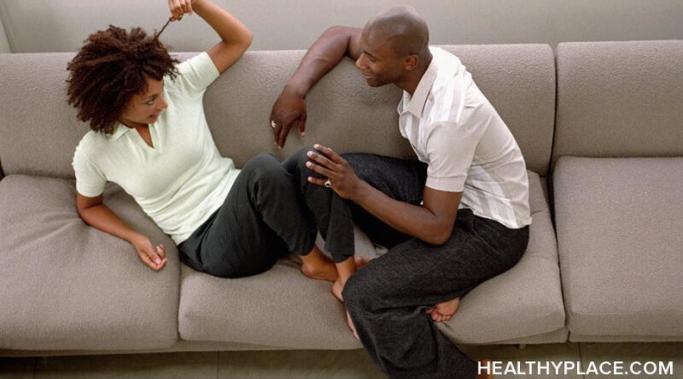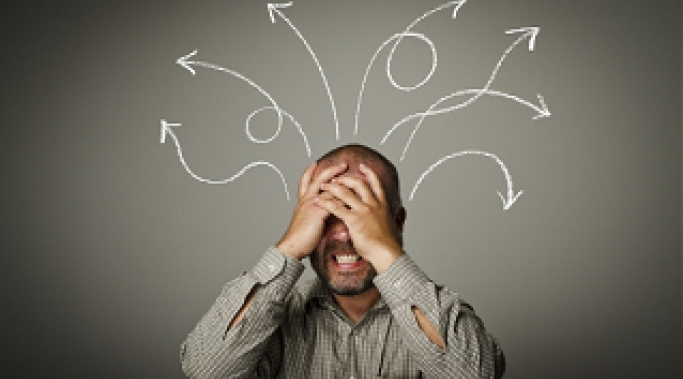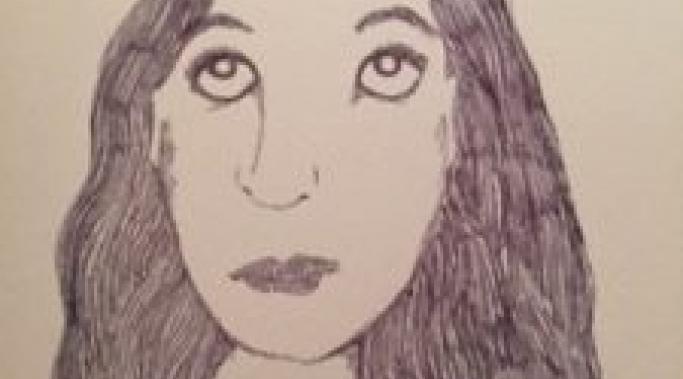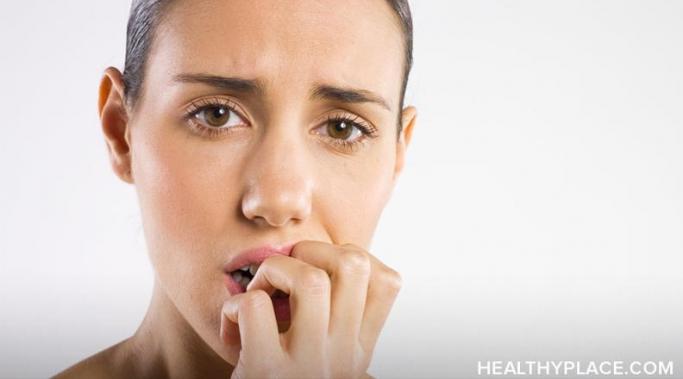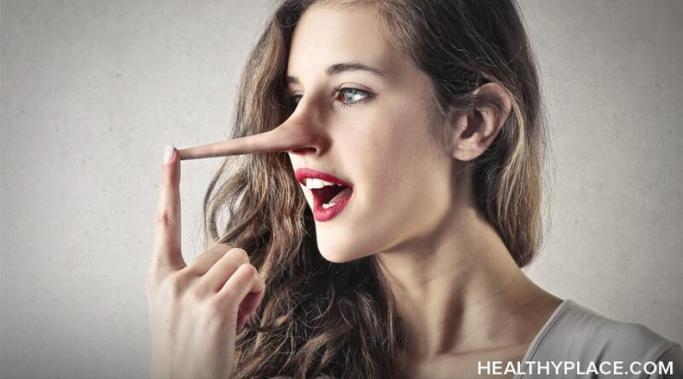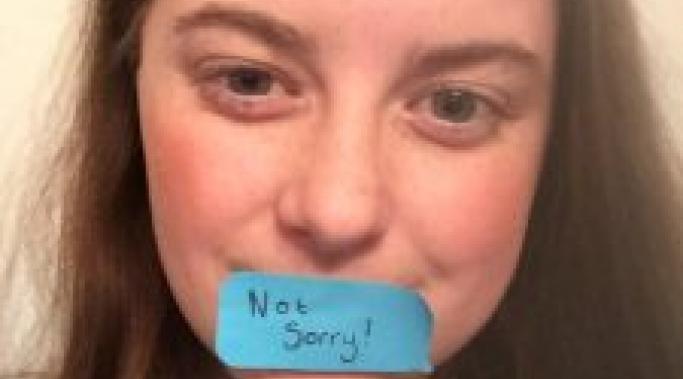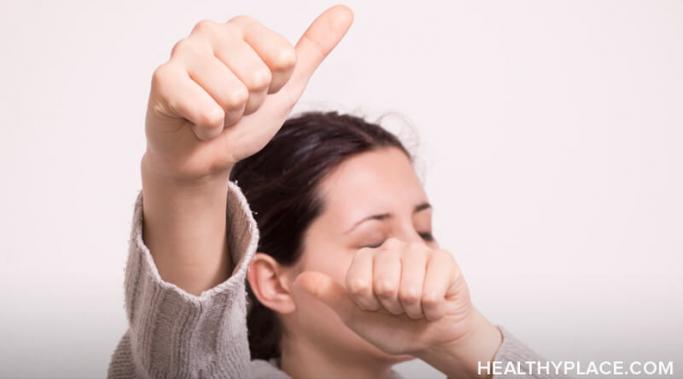Anxiety can get tangled up with relationships and self-esteem. It’s Valentine's day this week which will also mark me and my partner’s six year anniversary as a couple. I'm lucky. We have a very close, equal and happy relationship. However, the process of falling and being in love has been tricky, and I have been hounded all the way by my depression and anxiety. Anxiety affects relationships and self-esteem.
Effects of Anxiety
A common effect of anxiety that can cause frustration is indecisiveness. Like depression and indecision, anxiety can make it difficult for people to make decisions, and not just the big, life decisions, either. With anxiety, it can be hard to make any decision, even ones that seem small and insignificant to others. This indecisiveness isn't intentional; instead, indecisiveness is an effect of anxiety that creates a high degree of frustration.
I understand age-related anxiety. I’m going to turn 25 on the 21st of January. This is, of course, hardly an advanced age but, still, it feels like kind of a landmark birthday. The Internet is littered with lists of things that you should do and places you should travel to by this age, almost as if it is some sort of cut off date for being young and reckless. And I've never, in all honesty, been all that good at being young and reckless. I’m incredibly cautious and am terrified of most things so the thought of dropping everything and going backpacking in some faraway country is beyond my comprehension. This is, of course, difficult, as photographic depictions of youth in the media generally focus on perfectly slim, young things with seemingly limitless bank accounts leaping from waterfalls and laughing in exotic locations (Body-Image Distortion a Growing Problem Among Women and Men). Age-related anxiety is something I'm experiencing.
I have a lot of introspective thoughts and I worry that in the past this has inevitably come across during conversations as me being self absorbed. There, I’ve said it. I guess that a lot of people can relate to this somewhat, but for a person with an anxiety disorder, introspective thinking can take on a whole new meaning. Being locked in this repetitive thought process has seriously distracted me from the important things in life and has even led to arguments. The insult that tends to get most thrown at me during a disagreement is that I am “selfish.” On some levels I can see how this could come across. During times when I am wrapped up in my own anxious thoughts, I can admittedly be less than fully aware of the hurt of others.
Anxiety and overthinking tend to be evil partners. One of the horrible hallmarks of any type of anxiety disorder is the tendency to overthink everything. The anxious brain is hypervigilant, always on the lookout for anything it perceives to be dangerous or worrisome. I've been accused of making problems where there aren't any. To me, though, there are, indeed, problems. Why? Because anxiety causes me to overthink everything. Anxiety makes us overthink everything in many different ways, and the result of this overthinking isn't helpful at all. Fortunately, anxiety and overthinking everything doesn't have to be a permanent part of our existence.
Anxiety and self-deprecation often go together. I have a pretty self-deprecating sense of humour. When I was younger, I would often intentionally say something unintelligent or wrong in order to get a quick laugh. This evolved over time. I learnt how to tell an overblown story about myself where I am both protagonist and punchline due to some personal, exaggerated foible or other. Even today, I can find myself mimicking the stereotyped words or actions of a caricature to endear me closer to friends who may already have a certain, fond view of me: a little nerdy, a little pretentious and slightly clumsy. Often in life it’s just too painful to take yourself seriously. Sometimes, for those of us with anxiety, it can even feel too utterly humiliating to take yourself seriously. After all, we anxiety sufferers are not always sure who we are exactly and, during darker times, what we have to present to the world in terms of an identity. When you have anxiety, you can be overly self-deprecating.
Does caffeine affect anxiety? Studies continue on the notion of the side-effects of caffeine and whether or not they include anxiety, and at this point, there isn't a definitive answer. Some studies indicate that, yes, caffeine does impact anxiety; indeed, the Diagnostic and Statistical Manual of Mental Disorders, Fifth Edition (DSM-5), the authority on mental disorders published by the American Psychological Association, acknowledges the existence of caffeine-induced anxiety disorders. Other studies fall short of proving a real link between caffeine and anxiety. The question that matters most is this: what are the effects of caffeine on your anxiety?
Anxiety symptoms can sometime come across like we're lying. In my third year of university I was accused by a flatmate of stealing a five pound note from a collection that, as a flat, we had scraped together for a group Easter meal. I may have been mistaken for lying because of my anxiety symptoms. Not a huge amount, but this incident continues to hurt me long into my graduate life.
Sometimes I have to say I'm not sorry because I over-apologize thanks to my anxiety disorder. Apologising is a positive thing when done sincerely and is an act that can wield great power. In fact, it can often be an extremely brave thing to do indeed. To admit that you are somehow in the wrong is a vital part of human communication and is a skill that many stubborn people would do well to learn (I Was Wrong And I Am Sorry). However, for those of us with anxiety we can find ourselves saying sorry way too much and often unnecessarily. Sometimes I over-apologize because of my anxiety disorder.
If you are living with anxiety, chances are you scoff at the idea of anxiety and character strengths. A particularly nasty effect of anxiety is self-doubt and sometimes self-hatred (Anxiety and Negative Thoughts: How To Get Rid of Them). Having any type of anxiety disorder often, over time, leads people to to believe that anxiety defines who they are. That's an understandable thought given how overpowering anxiety can be, but it's a faulty one. People living with anxiety have many character strengths that truly are part of who they are.
